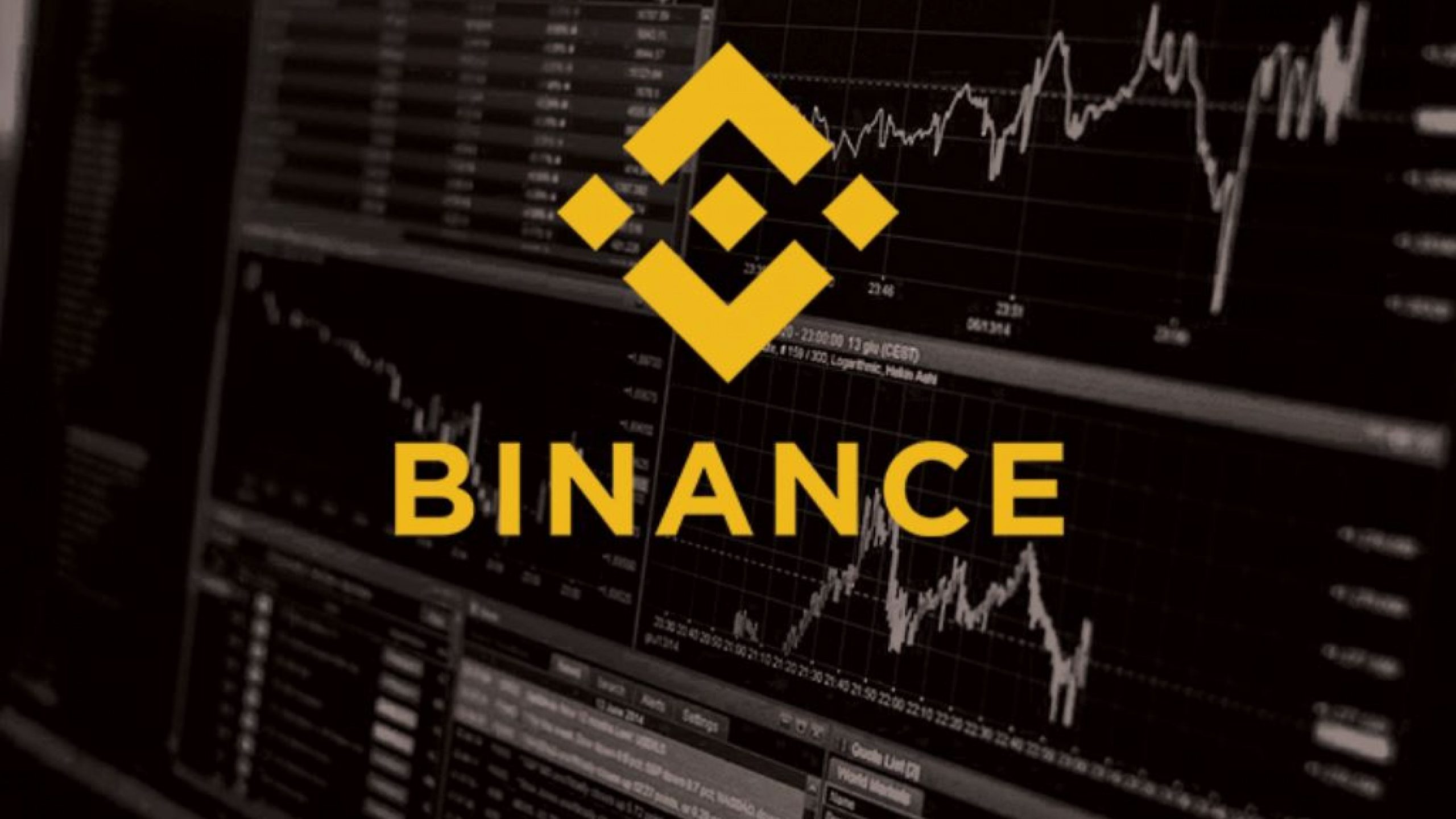Cryptocurrency exchange Binance has announced that it will stop spot trading of a number of stablecoins in the European Economic Area (EEA) from April 1, 2025. This decision is due to the need to comply with the new requirements of the MiCA (Markets in Crypto-Assets) regulation, which establishes stricter rules for stablecoin issuers in the EU.
The ban will affect not only Tether (USDT), one of the most popular stablecoins, but also eight other digital assets: Dai (DAI), First Digital USD (FDUSD), TrueUSD (TUSD), Pax Dollar (USDP), Anchored Euro (AEUR), TerraUSD (UST), TerraClassicUSD (USTC) and PAX Gold (PAXG).
Regulation Tightens: MiCA Takes Effect
The MiCA legislation tightens the rules for crypto assets, introducing mandatory requirements for stablecoin reserves, risk management, and transparency of issuers. Binance is adapting its platform to the new rules in advance to avoid potential sanctions and maintain access for European users.
Despite the restrictions, EEA users will be able to continue to store these assets on the exchange and use them to trade on the perpetual contracts market. However, Binance advised clients to convert their funds into EU-compliant stablecoins such as USDC or EURI in advance.
European Market Remains Cautious
Binance’s restrictions highlight Europe’s cautious approach to the crypto market. According to a survey conducted by analysts Bitpanda, less than 20% of banks in the region are ready to provide services related to crypto investments. Regulatory uncertainty and high AML and KYC compliance requirements remain constraints to wider adoption of digital assets.
Binance’s move thus reflects a global trend towards increased regulation of the crypto industry, while also demonstrating the exchange’s readiness to adapt to a tightening regulatory environment.

New KYC Rules in India: Crypto Exchanges Tighten Scrutiny

Cryptocurrency Licensing in the UK: New Rules and Deadlines

Global Implementation of the CARF Standard: New Requirements for Crypto Services



